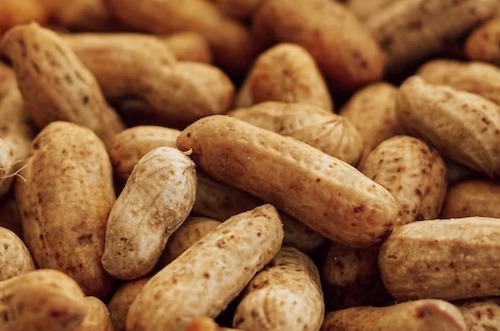
In W38 in the peanut landscape, through Decree 462/2023, Argentina formally eliminated export tariffs on a range of value-added products, including peanuts, rice, and wine from regional economies. This measure covers approximately 360 tariff positions within the Southern Common Market (Mercosur) and aims at promoting development, incentivizing production, and adding national value. The products covered by this decision include peanuts, rice, forestry industry, wine, must, tobacco, and citrus by-products, among others. The goal is to improve income levels for producers and processors, strengthen rural communities, and stimulate job creation in various regions of Argentina. The Economy Minister initially announced the elimination of these tariffs in July, and the measure was subsequently ratified, with the wine sector being one of the beneficiaries from September onwards.
Argentine provinces play a vital role in the national economy through diverse exports, encompassing commodities and food products. Led by Santa Fe, the Central Region dominates agroindustrial exports, particularly in soy flour. Córdoba and Entre Ríos are key contributors to peanuts, corn, and wheat exports, while other provinces excel in specialized exports like wine, yerba mate, cars, olives, pears, rice, and more. Agribusiness played a major role in generating export revenue in 2022. Santa Fe led with over USD 19 billion, primarily in soy products. Buenos Aires exported USD 33 billion, mainly corn and beef. Córdoba's USD 12.85 billion exports included peanuts, corn, and soybeans.
Furthermore, in Jun-23, Argentina's exports to South Africa, certified by the National Food Safety and Quality Service of Argentina (Senasa), reached over 100 thousand tons, with a value exceeding USD 76 million. Senasa held discussions with officials from the South African Embassy in Argentina to advance bilateral trade agreements. The exported products from Argentina to South Africa include peanuts, sunflower flour and pellets, hake, shrimp, and prawns.
Lastly, the peanut harvest in Osmaniye, known for its significant peanut production in Turkey, is expected to increase by more than 10 thousand tons compared to the previous year. Osmaniye accounts for approximately 40% of peanut production and 98% of processing in the country. The cultivation area for registered geographical indication peanuts has expanded, with harvesting now underway. The Osmaniye Commodity Exchange Secretary-General highlighted the crucial role of peanuts in the local agricultural economy, with an expected production of 210 thousand tons this year due to expanded cultivation. Peanut exports have also experienced an increase, with prices currently at around USD 1.83 to 2.02 per kilogram (TRY 50 to 55/kg). Local farmers are optimistic about the harvest, hoping that prices will remain favorable and provide a profitable season for peanut production.